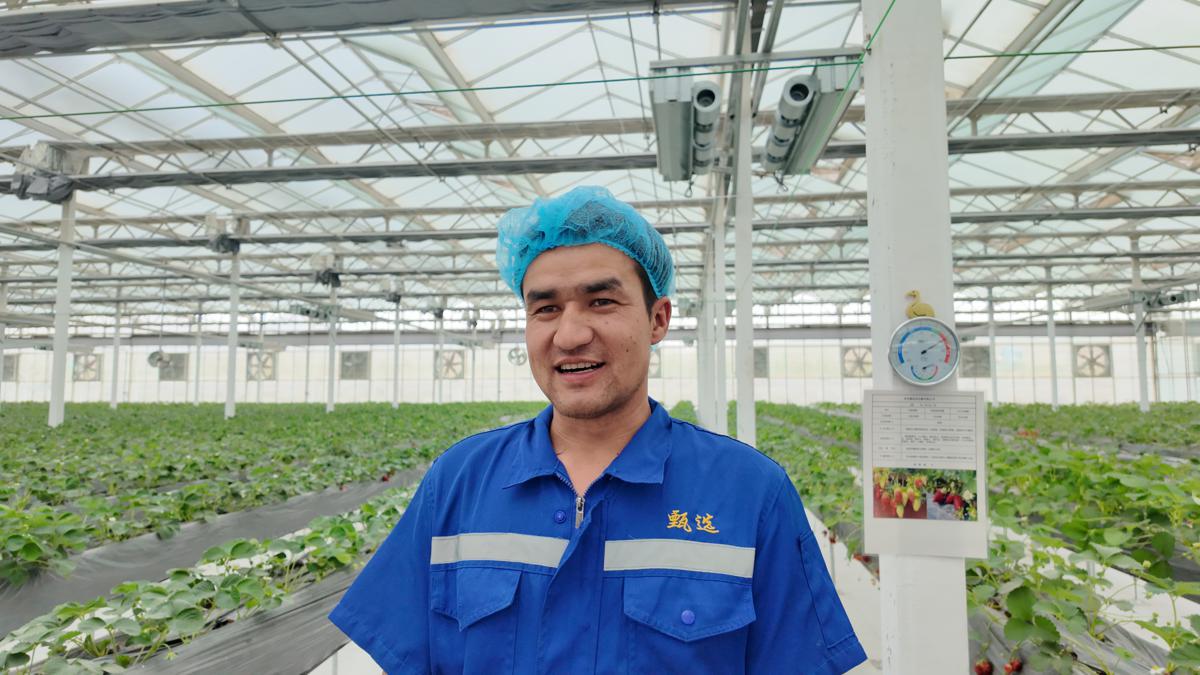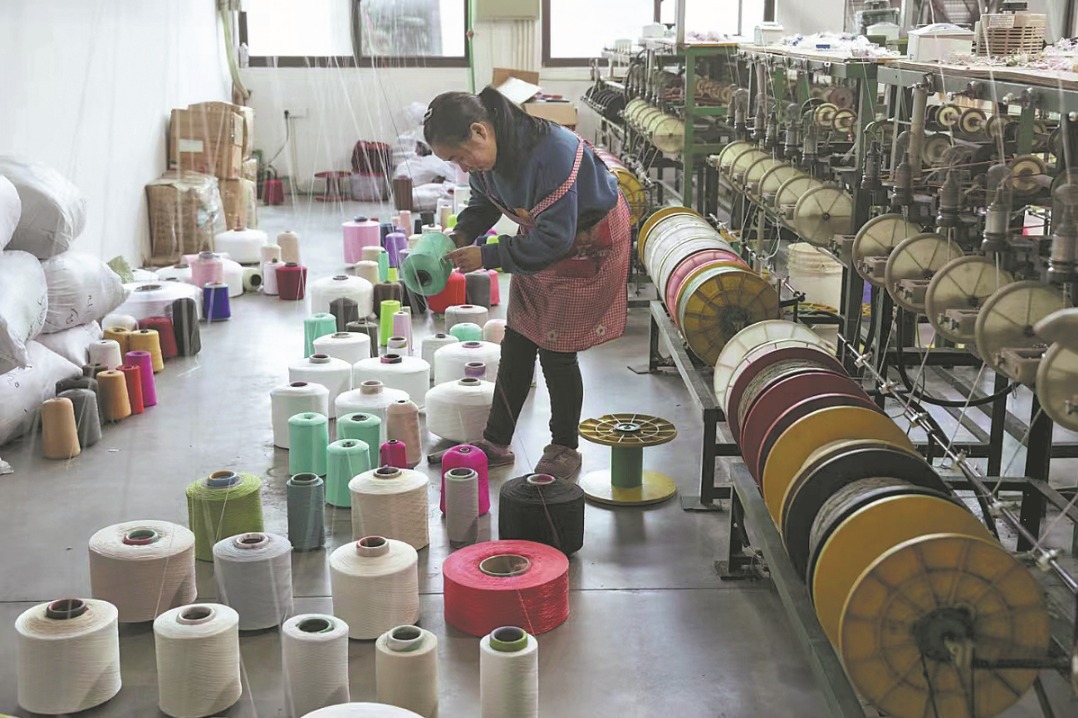Smart agriculture nurtures collective prosperity in southern Xinjiang
Share - WeChat


"Vitamin C levels are two to three times higher than in conventional produce," he said. "The greens are clean enough to eat straight from the plant."
Thanks to the optimized growing environment, crop cycles from seeding to transplanting are half as long. In May, it takes only 11 days for spinach to reach transplanting conditions, whereas traditional planting takes about 32 days.
The plant is projected to produce 50 to 60 tons of vegetables annually, with over 18 tons already delivered to high-end supermarkets in Xinjiang.
Beyond agriculture, the plant also plays a pivotal role in rural revitalization by providing jobs and technical training to the villagers.























